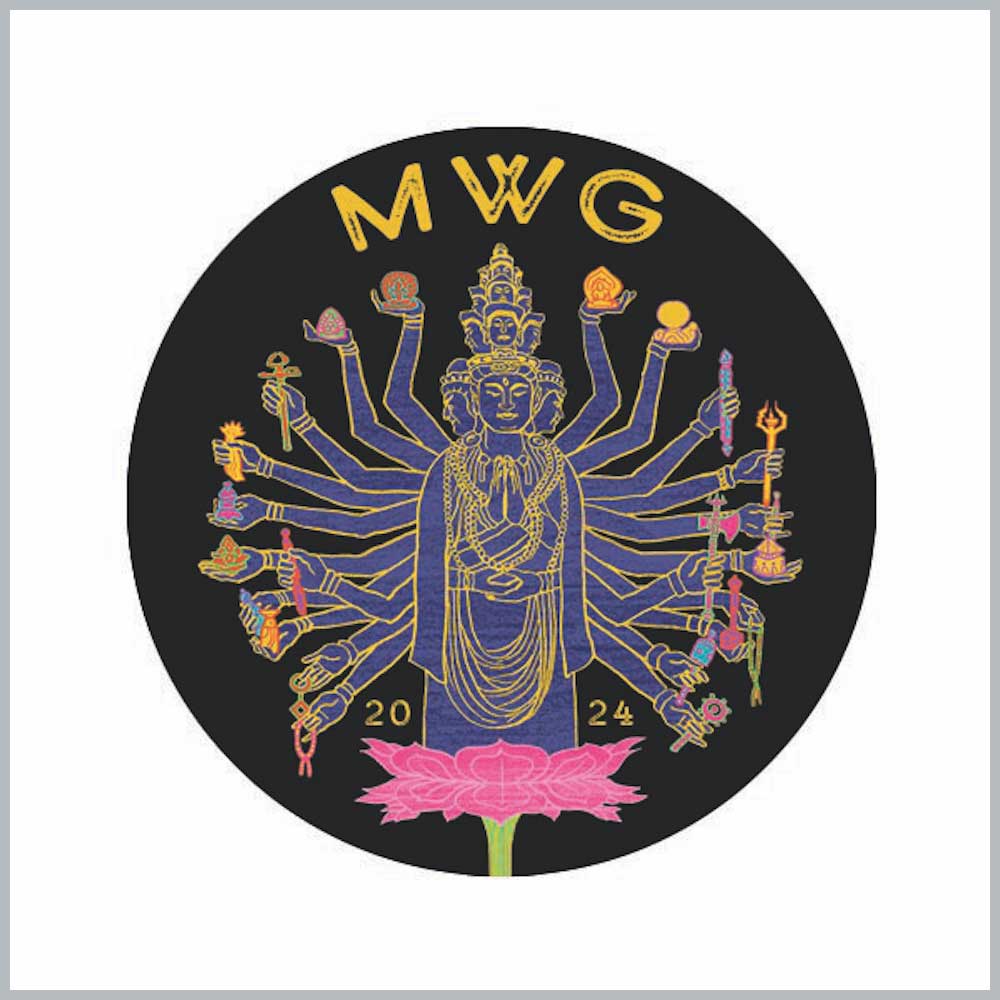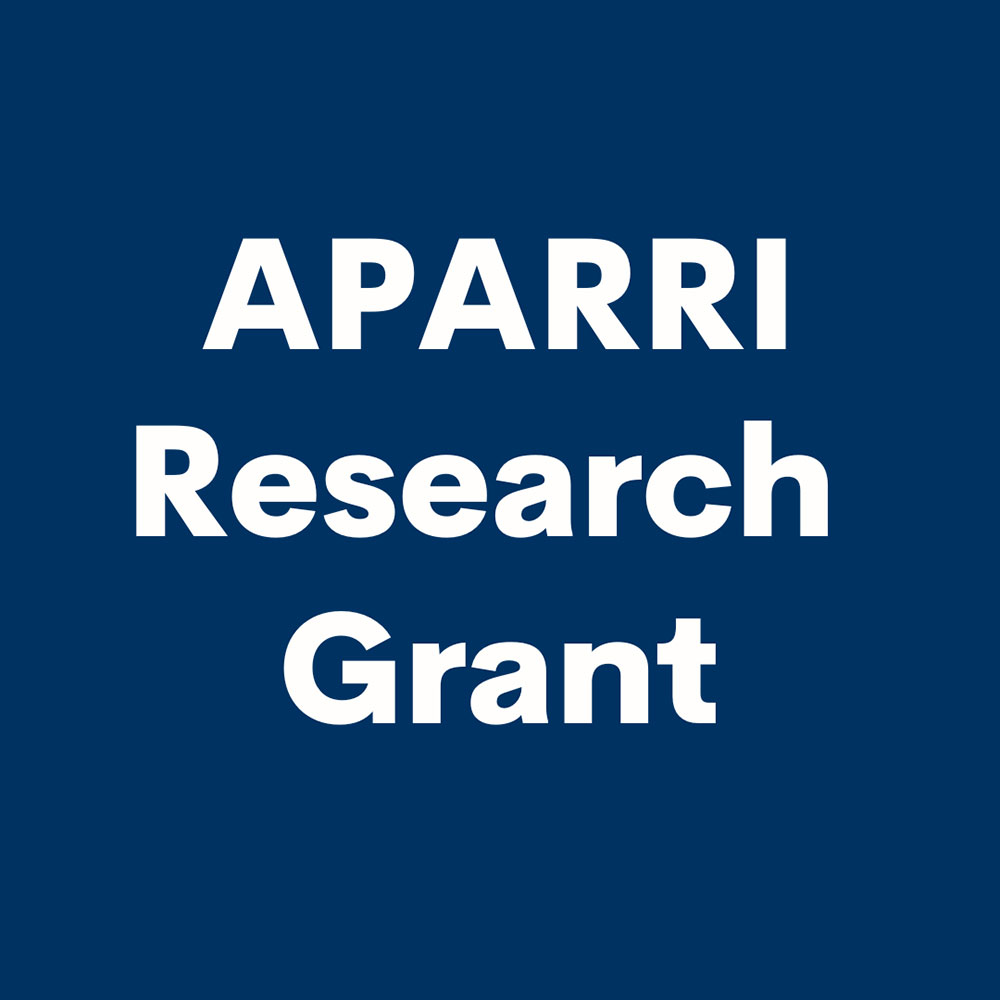
May We Gather: Multi-Part Public Speaker Series on Asian American Buddhist Historical Recovery and Resilience
Funie Hsu | Associate Professor, American Studies | San José State University
Duncan Williams | Professor of Religion and East Asian Languages & Cultures and Director of the USC Shinso Ito Center for Japanese Religions and Culture | USC
Chenxing Han | Independent Scholar
May We Gather began in spring 2021 as a response to anti-Buddhist and anti-Asian violence and erasure. We are now planning for a major in-person pilgrimage in spring 2024 to mark the three-year memorial date of the Atlanta shootings. As educators, we find it particularly meaningful that May We Gather has been taught in a numerous of educational contexts, from high school, college, and divinity school classrooms to Buddhist temples and inter-religious communities. For the purposes of this APARRI Working Group, our aim is to increase the educational impact of the spring 2024 pilgrimage by organizing a multi-part speaker series in the winter of
2023/2024 on Asian American Buddhist Historical Recovery and Resilience.
Keywords: Asian American, Buddhism, Education

Spiritual Beliefs and Buddhist Practices: Narratives of Survival, Aging, and Community-Building Among Cambodian American Women in Long Beach, California
Sophea Seng
Assistant Professor, Asian American Studies
California State University Long Beach
Out of the turmoil of war, displacement, and resettlement, over the past four decades, Cambodian refugees have rebuilt lives through the vehicle of Buddhism. Drawing upon participant observation and ethnographic life histories with Cambodian survivors, this project explore the key role of women refugees in sustaining the community through Buddhist practices. The central question is: How does religion mediate Cambodian women refugees’ sense of community belonging, as well as their relationship with the “homeland” and wider diaspora? In Cambodia, one of the first institutions the Khmer Rouge destroyed was Buddhism. Out of 65,000, fewer than 100 monks survived the 1975-79 Khmer Rouge genocide in which 1.7 million perished. From the time that Cambodia fell to the Khmer Rouge, those in exile sponsored monks in order to rebuild temples and restore a sense of community. Even though some Cambodians have converted to Christianity, Theravada Buddhist temples remain places where community thrives.
